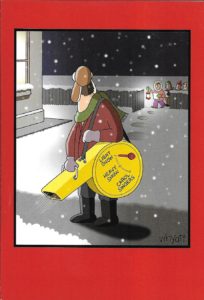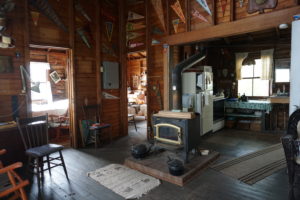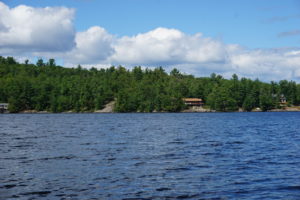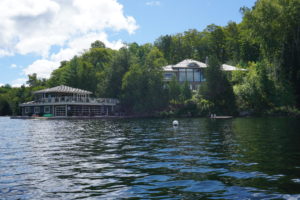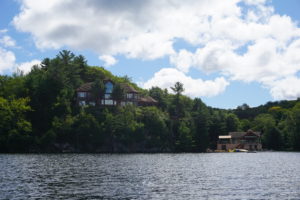February 14: Today is Valentine’s Day* and I find myself alone. There’s an assumed conjunction between being alone, being unhappy and being unwell. I don’t agree.
I’ve been living on my own since last September. Obviously, the first few weeks and months of this change in circumstances was made somewhat more exciting by the need to move and then get settled into new surroundings. I found it very rewarding to have imagined how the new apartment could be set up, and then to actually work through the process of making it happen. There were issues which became opportunities for creativity. A few weeks ago, I finally finished hanging a few pictures and the place now feels like “mine”.
Because of the pandemic, I’ve been alone throughout this time. As I’ve recently written, it often felt that time was without limit and this made actually getting motivated to do things more difficult. Yet there have been relatively few times when I’ve actually felt bored, distressed or unhappy about being alone. A recent article in the Globe and Mail quoted John Eastwood, a clinical psychologist at York University as saying:
“…”doing nothing” means a lack of constraint or pressure. There are no external forces placing demands on how we spend our time, which means we have the opportunity to be fully present with what is happening. It means being time-rich. Being bored on the other hand means having an unfilled desire to be engaged in satisfying activity. It is associated with the feeling that time is dragging. Bored people are restless and looking for something they can’t find. It is very possible, and arguably desirable, to be “doing nothing” but not be bored. The prime example of this would be looking out the window and getting lost in daydreams, which can have great value.”
 He makes an important distinction that I have found to be true in my own experience. Frequent reader(s) will know that I became interested in buying a cottage just before Christmas. I made a couple of offers but the cottage was ultimately withdrawn from the market until the Spring. As I wait for it to reappear, I have been daydreaming / scheming about ways to conclude the deal. Once I own the place (at least in my imagination), I imagine all of the problems that might arise and their possible solutions. There’s much work to be done, and many, many issues to be overcome. I’ve spent hours lost in thought analyzing each of these and then marveling at how wonderful my solution will be when realized.
He makes an important distinction that I have found to be true in my own experience. Frequent reader(s) will know that I became interested in buying a cottage just before Christmas. I made a couple of offers but the cottage was ultimately withdrawn from the market until the Spring. As I wait for it to reappear, I have been daydreaming / scheming about ways to conclude the deal. Once I own the place (at least in my imagination), I imagine all of the problems that might arise and their possible solutions. There’s much work to be done, and many, many issues to be overcome. I’ve spent hours lost in thought analyzing each of these and then marveling at how wonderful my solution will be when realized.
To an outside observer, I would be “doing nothing”. And arguably I should be focusing on problems that actually exist and working toward their solution rather than “wasting time” imaginary and potentially non-existent scenarios. Still, that effort ultimately takes me to a happy place full of realized potential that might exist after this lockdown has finally ended. I imagine a fully-fledged cottage: a glass of rose in a Muskoka chair watching Segwun cruise by at dusk. In that sense I may be a dreamer. But I’m never bored.
* The truth is that we have all been locked down for so long that it feels more like Groundhog Day than Valentine’s Day, but that is a story for another time.
